It’s that time of year again! Summer is wrapping up and everyone is gearing up for the back-to-school season! In today’s episode, I provide several strategies and tips to stay organized and create schedules in order to help you prepare for the upcoming school year!
How To Prepare for the Upcoming School Year
- Self-Care: Take some time to relax and prepare before jumping right into nonstop paperwork, organization, therapy session prepping. I will be sharing some of my favorite self-care activities.
- Determine Your Caseload and IEP Overview
- Create a Spreadsheet: Creating an overall spreadsheet may take a little bit of time but this step is crucial!
- Create a Schedule: Using the master spreadsheet you create, it is time to form that the schedule and keep the ball rolling.
- Speech Session Reminder: I like to provide my students with some independence is to create a laminated reminder card for speech therapy sessions. The cards also help teachers remember as well.
- Organize Documentation Forms: Take this time before the new school year begins to organize how you will keep track of documentation.
- Meet the Therapist: Create a letter to share with parents and maybe even teachers to introduce yourself, explain what goes on in your room, and any other essential information.
Links & Resources:
Full Transcript of Podcast: How To Prepare for the Upcoming School Year
Episode 80: How To Prepare for the Upcoming School Year
You're listening to the Speech Space Podcast, a podcast full of tips and resources for SLPs. I'm your host, Jessica Cassity, and this is Episode 80.
Hey there, everybody! Welcome back! I hope that you all had a wonderful summer and I know that it is coming to an end for most of you. And for some of you, you've probably already gone back. At the time I'm recording this, you probably all will have gone back. It's gonna right now it's August, but this is going to air in the very beginning of September. So today we're going to dive into some different strategies to help you survive your first week back along with some tips for staying organized and for creating your schedule for the school year. So before we get started, I did want to mention that this podcast is brought to you by The Digital SLP membership site, which is a site that features time-saving interactive digital resources that are all teletherapy platform-friendly. To learn more about that you can head on over to thedigitalslp.com/digitalslp.
Since the new school year is among us, I figured that now would be a great time to talk about some ways to feel more prepared. You know, I know that everyone has their own way of prepping for the new school year, but I thought laying out some tips and some strategies might help you to better organize all of your to-dos while also maybe giving you some new ideas as well. So where do we start? Let's start off by talking about self-care. So this might sound a little counter-intuitive. You know, sometimes we think of self-care is something we do when there's a break or maybe before a break. You know, like at the end of the school year, I know sometimes we talk about self-care as we're easing into summer. But I also want you to keep that on the forefront as you go into this new school year and you want to make sure that you're taking care of yourself, that you are getting enough sleep, drinking enough water, getting some movement into your day. These are things that are going to put you in the right mindset, and keep you grounded, and stay focused on getting organized, and getting everything together for the upcoming school year. So sprinkle in some of your favorite hobbies or things that you like here and there, you know, it doesn't have to be something that you set aside hours a day for. It can be something that you do for 10 to 20 minutes a day, just to kind of feed your soul a bit. So you want to remember that it's okay to put yourself first and you're going to be a better SLP if you put yourself first.
Okay. So now that we've talked about self-care, let's get into logistics a little bit. So first of all, you need to determine the students who are going to be on your caseload. You know, I know every school is a little bit different and so the process is going to look different depending on where you are, but that's something that you'll have access to before the school year begins. So you'll have some time to get that sorted out. Once you do receive your caseload, you're going to want to find each of your students' IEPs in order to pull out helpful information, like their date of birth, classroom and grade, their teachers' names, eligibility, category, service time, you know, all that good stuff. This is really important when figuring out your schedule to ensure that your students are scheduled for the appropriate amount of time, as well as being grouped together with other students who are possibly working towards similar goals. I know that that's not always realistic, and sometimes we end up with some fun mixed groups, but it can be good to have that information to help you out with the planning phase.
Next step is taking all of the lovely information that we have acquired and putting it into a spreadsheet. So this is really important, creating an overall spreadsheet. It might take some more time upfront, but it's really going to help you in the long run. So a spreadsheet is not only going to help keep you organized, but it's going to help you remember IEP and it validates as well as it's going to come in handy when creating a daily schedule too. So things that you might want to put on your spreadsheet, some ideas that I have IEP date, eval date, IEP service time. You can write that as minutes per week, so it's easier to keep track of. And then also as you know, how many hours per school year, the student's grade, teacher, date of birth, goal areas, and anything else that you might find to be relevant or helpful for keeping you on track and organized.
Okay, so now using all that information that you've gathered in your spreadsheet, you want to create a schedule. So you can refer to that spreadsheet to help you to figure out which students might go together. You know, whenever you're scheduling, you'll always want to keep flexibility in mind as most of you know, who've done this before. It is not an easy process to get all of your students scheduled and it's going to take more than one go. So, one thing that I suggest is to print out a blank schedule and rather than writing all your students' names on and inevitably whiting them out or erasing them several times to make sure that it all lines up is to use little mini sticky notes. And then that way you can rearrange the sticky notes quite easily. If you hear back from a teacher and they say, well, this time slot isn't going to work, then you can easily just pick up that sticky note and put it onto a different location on that schedule. So that makes it a little bit easier. Like I said, I know it's not an easy process, but, you know, and just having lot of open communication with teachers at the beginning of the school year is just super important. And it is inevitable that the schedule that you make is not going to stay the same. You know, once you get one week, two weeks, three weeks in, you might find that you have to make some changes. So you just want to keep an open mind and be flexible and use those sticky notes because it's really quite easy to adjust things whenever you're using that system. So you also want to make sure when you're creating your schedule, that you're leaving times for screenings and evaluations for new students who come to you throughout the year as well. And then once you do get a final schedule together, you want to share that with your students and teachers as well. So you keep them in the loop.
Another thing that can be nice to do is to create a speech session reminder. And with this, it provides your students with some independence because they are accountable for knowing when their speech session is. Now, that's not to say that they don't need reminders, but it can be nice for them to have a reminder card. You know, you can simply just create that or you can just write it or you can create some sort of a template where you can print them out. So then you're just filling in the student's name and the times for their session and then laminate it. So then hopefully it will last the duration of the year and that can help your students remember, and not just your students, but it can also help the teachers remember as well.
Another thing that you want to be thinking about is how to organize your documentation forms. So I know everybody has different systems for keeping track of data, especially with some therapists seeing students in person versus virtually. But you do want to take the time before the new school year to organize how you will keep track of your documentation. You want to think about whether you want to use one master binder or some similar system like that for all of your students, or maybe you want to print out data sheets for each of your students and have folders for each of them, or maybe even you'll just be doing everything digitally this year. I know Google sheets can be great. And there's lots of other ways that you can take great data online as well. So you just want to think about that ahead of time and then organize how you plan to keep data and get it all ready for all of your students. So you can be fully prepared whenever you start seeing students in your therapy sessions.
Okay. So the last tip that I have to share with you today is to create a letter to share with parents and maybe even teachers, if you're new to the school to introduce yourself, and you can take that as an opportunity to explain what goes on in your room and any other essential information, or just fun facts about you to help them get to know you better and to feel a little bit more connected. Another thing you may even want to do is to create handouts for parents and teachers explaining why speech therapy is important along with explanations of various speech and language disorders. So for example, you might have a handout for phonological disorders and another one for articulation, and another one for stuttering. And that can be nice. Just as a way to kind of summarize what it is that you're working on and maybe some steps for how you're going to address the issue that you're treating.
I know it can be such a crazy time of year, but I really do think that if you stay on top of things, it can help you with feeling more prepared. And like I said at the very beginning start with the basics for just taking care of yourself. You know, whenever you are feeling better as a person, as an individual, then it's easier for you to show up to work and be the best SLP that you can for your students. So I would love to hear if you have any tips that I did not address on this list. The easiest way to get in touch with me is to DM me on Instagram @thedigitalslp. You can also always reach out to me through email any time, it's jessica@thedigitalslp.com. And I wish you all a great start to the new school year. Like I mentioned, at the beginning of the show, this podcast is brought to you by The Digital SLP membership site. So if you are looking for a collection of teletherapy platform-friendly or just some fun and engaging, no prep digital resources, then head on over to thedigitalslp.com/digitalslp. To access the show notes for today's episode, you can do that by heading on over to thedigitalslp.com/podcast.

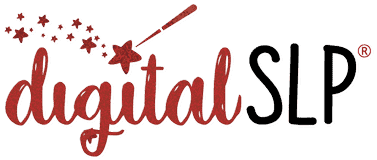
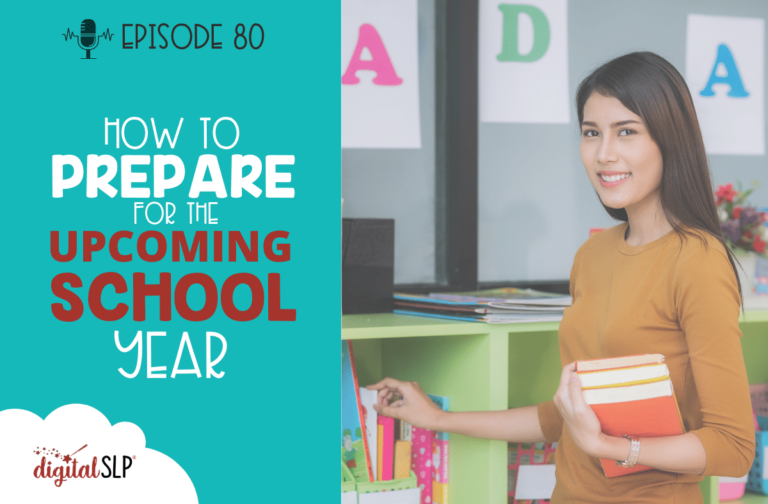
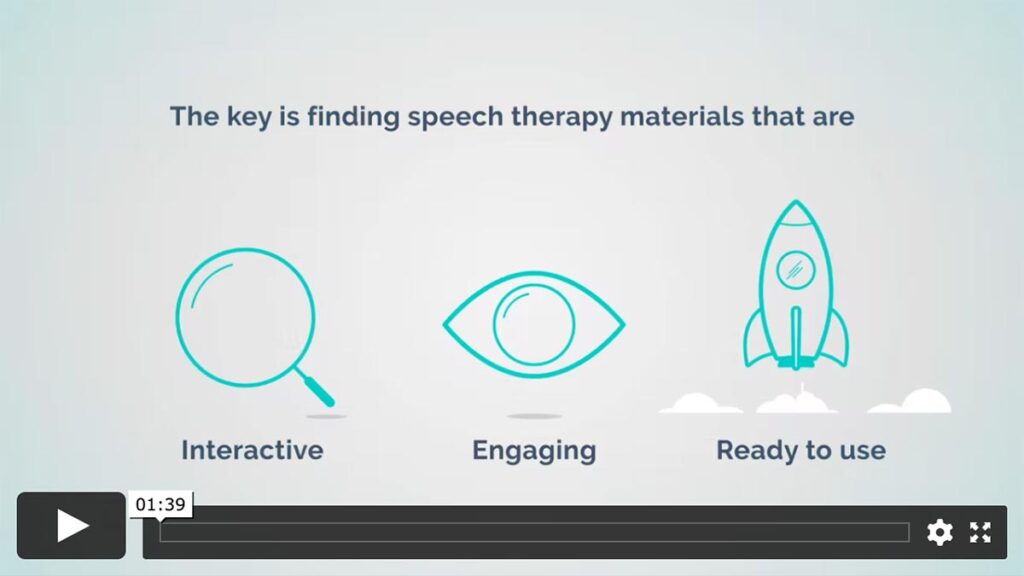
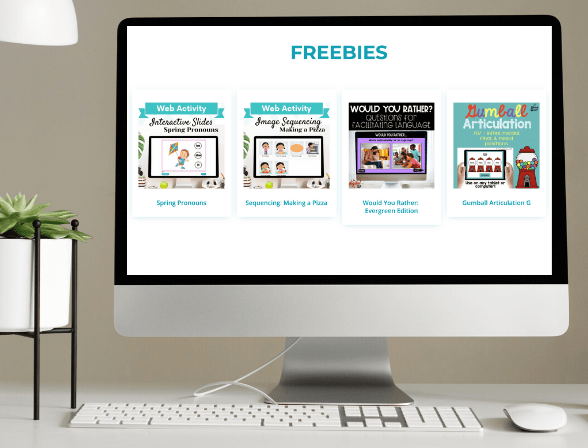

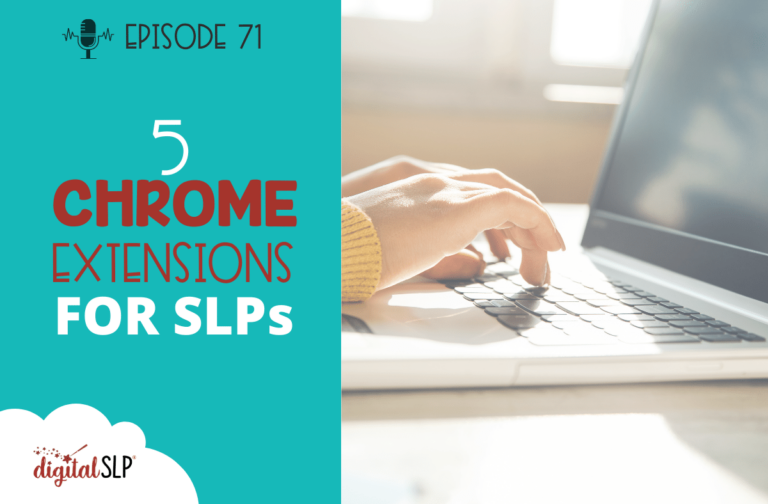
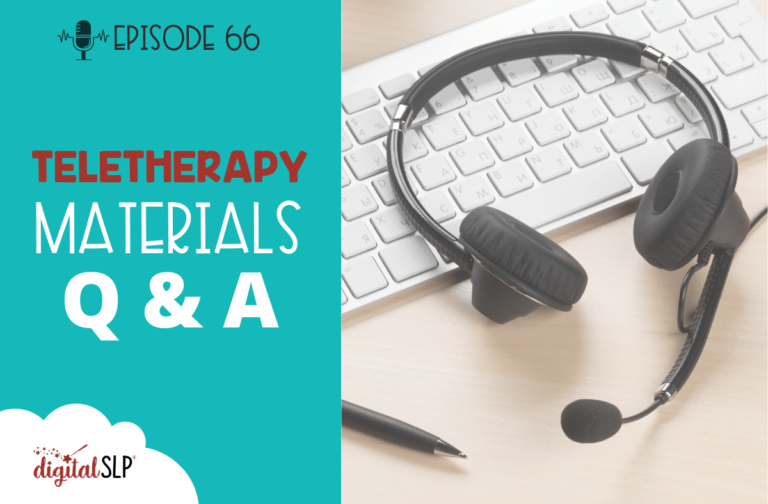

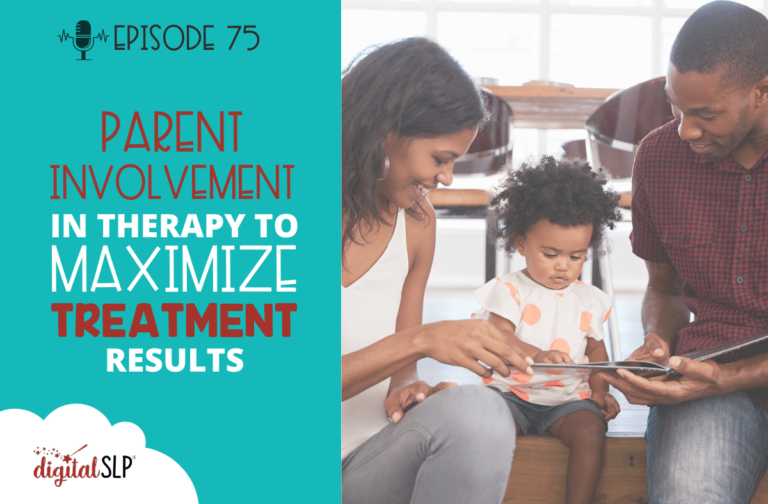
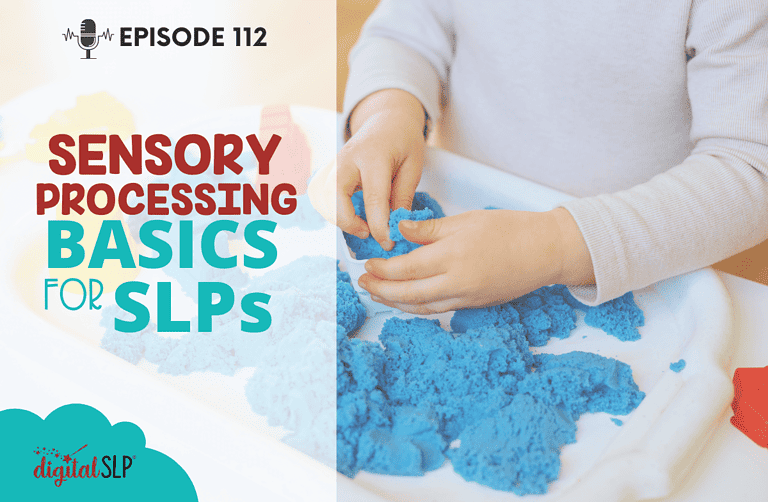
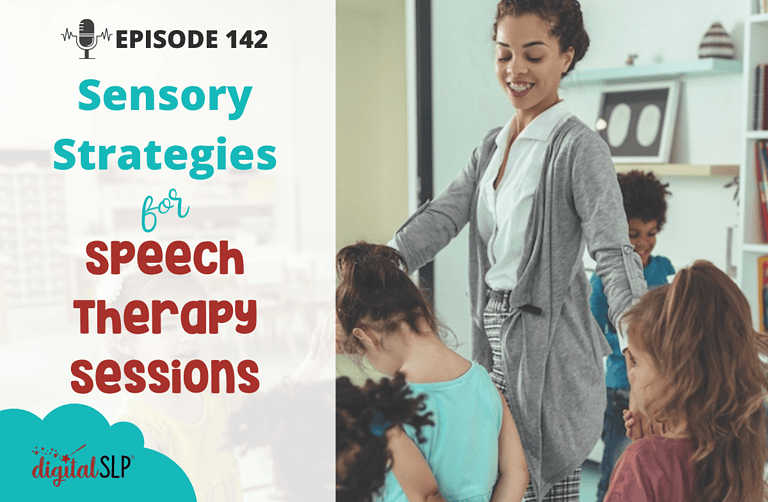

Recent Comments